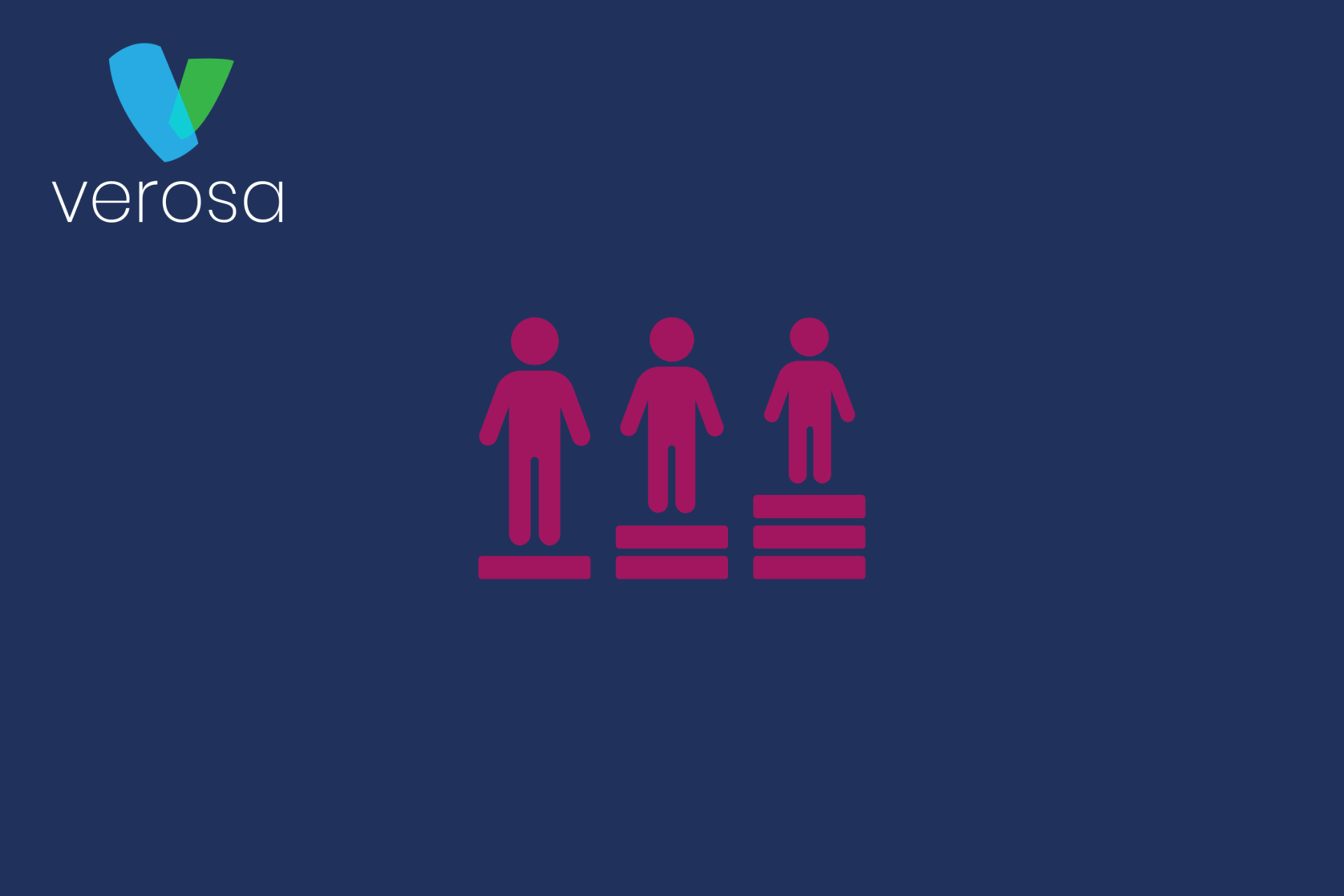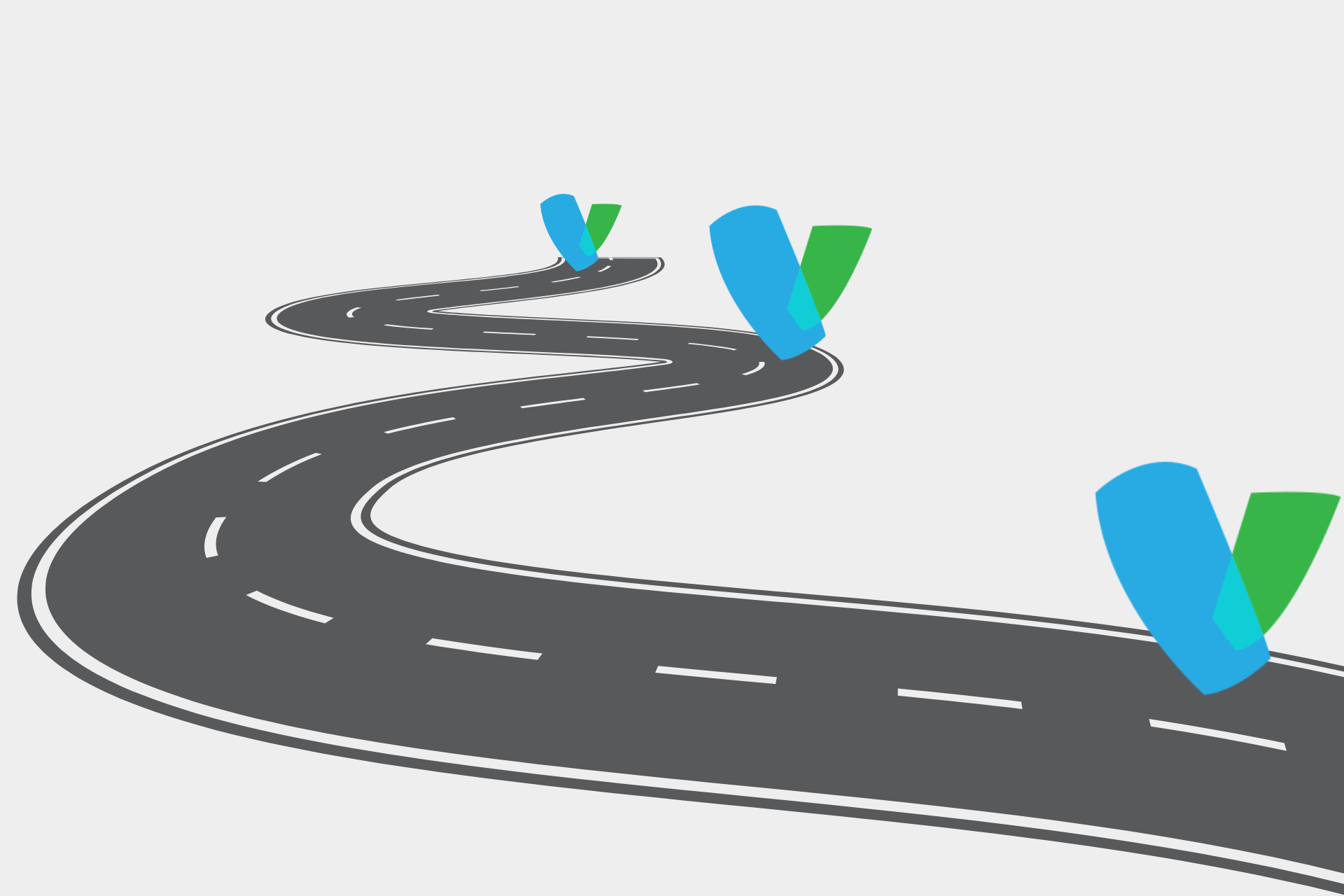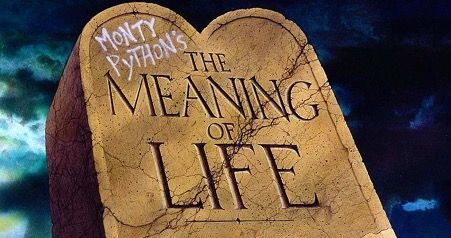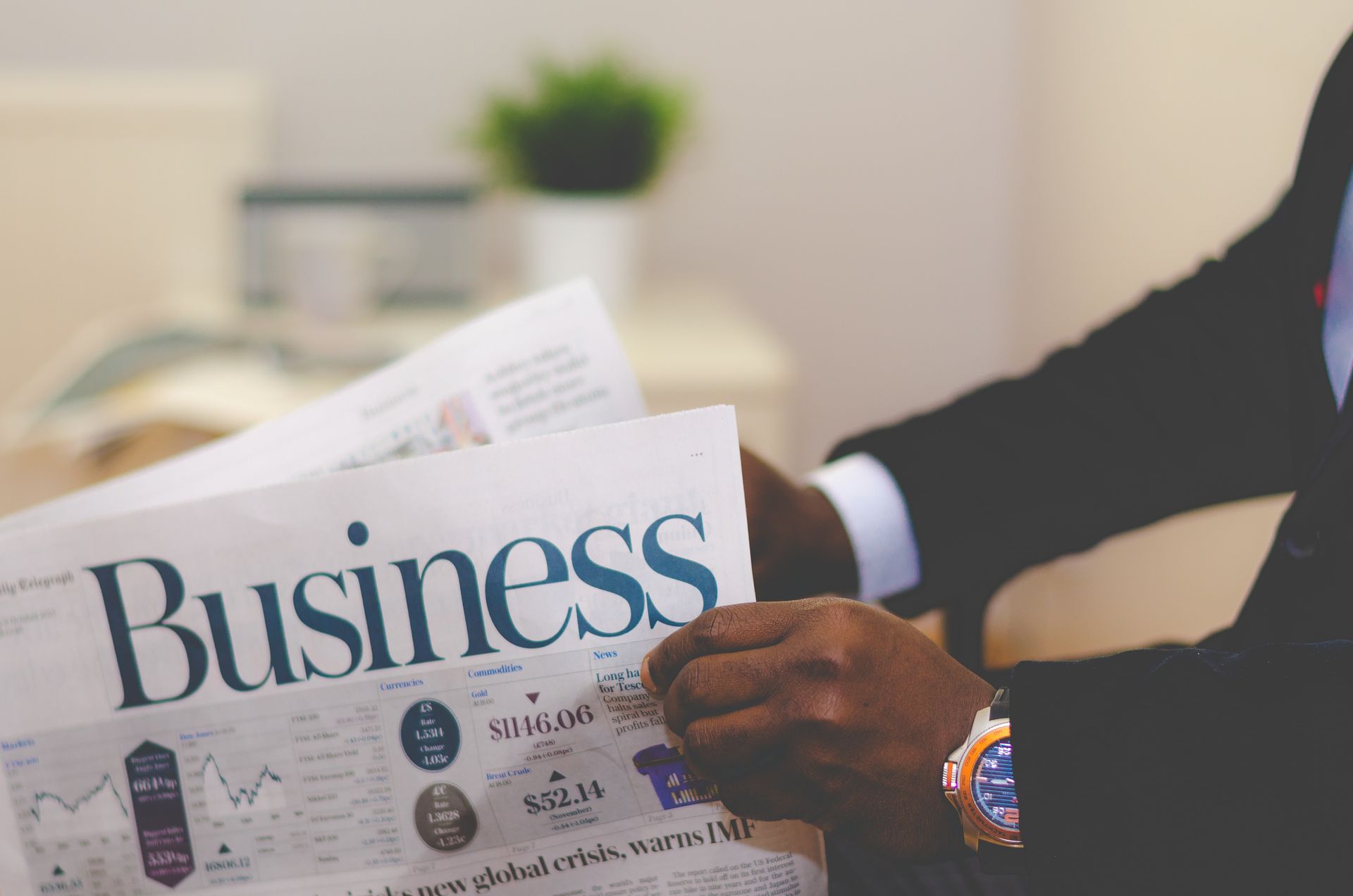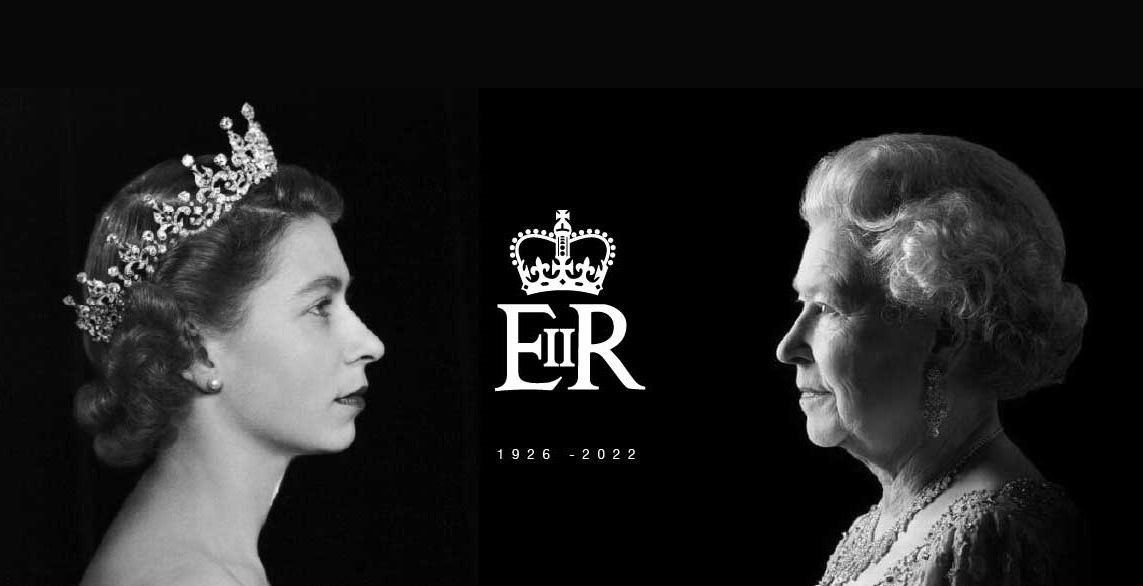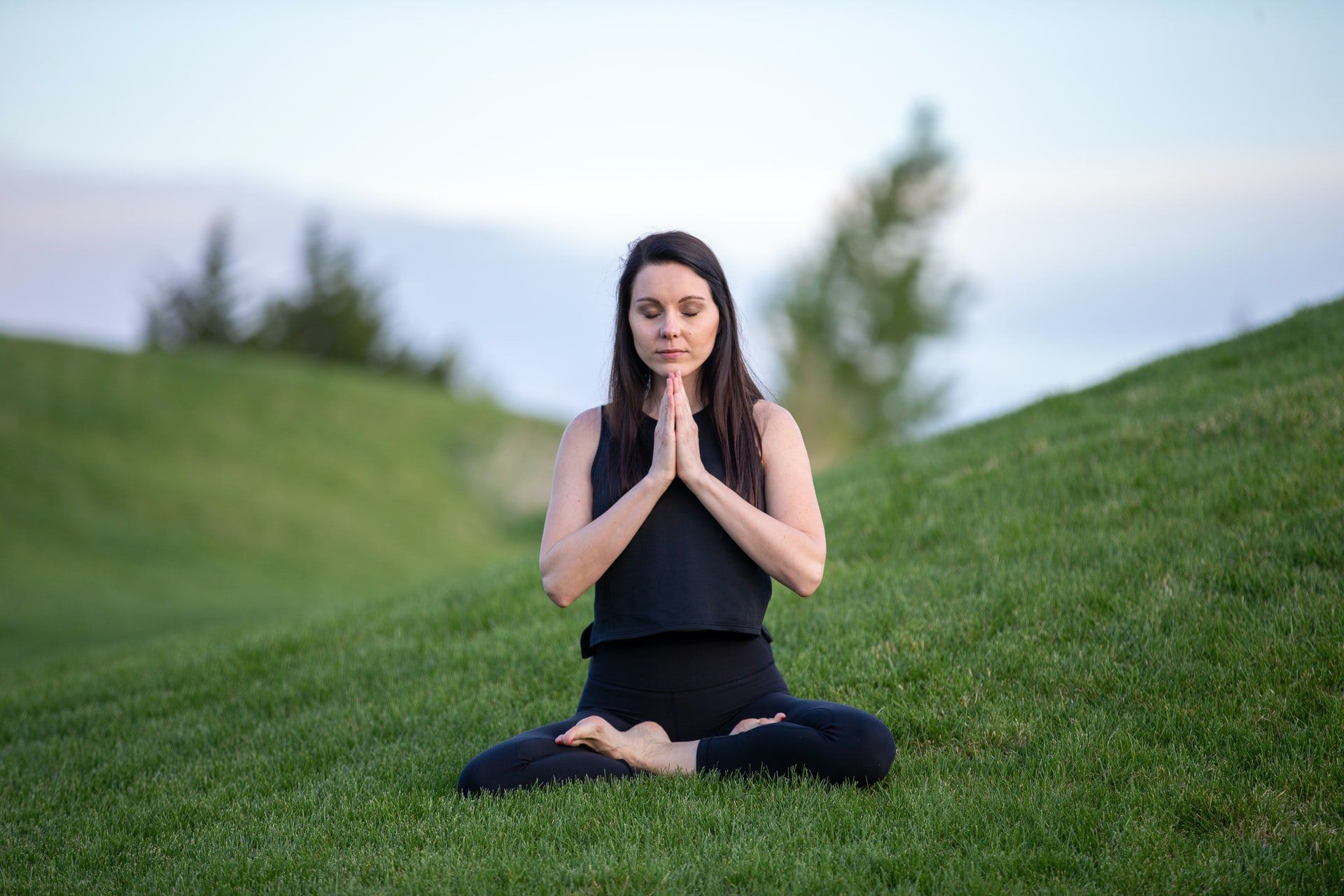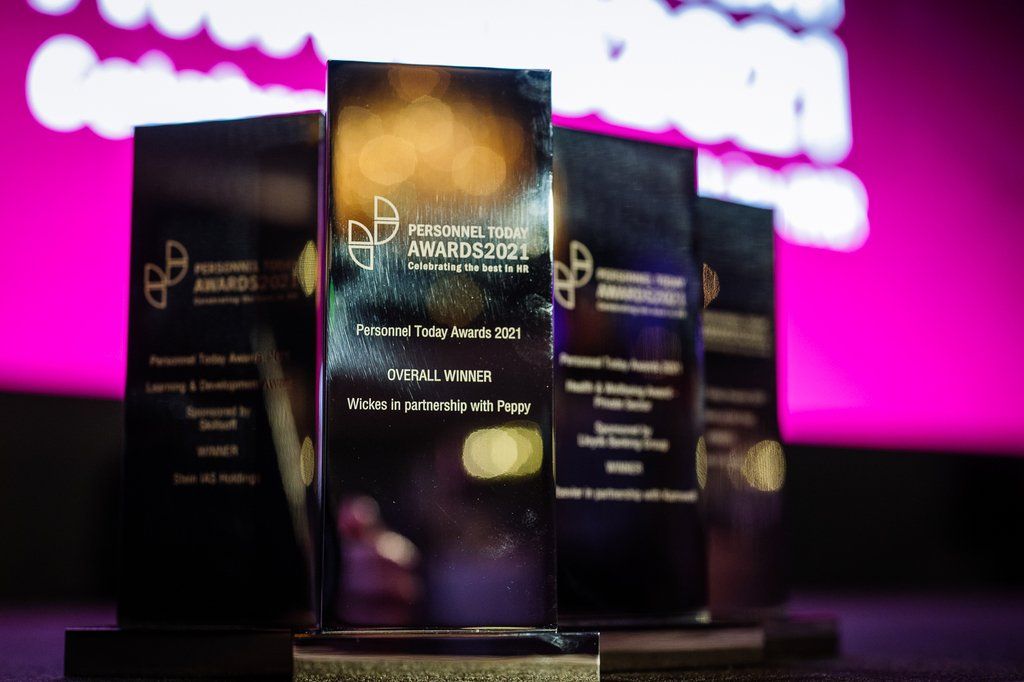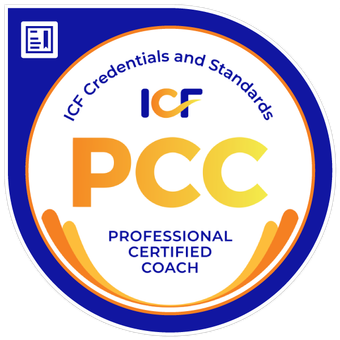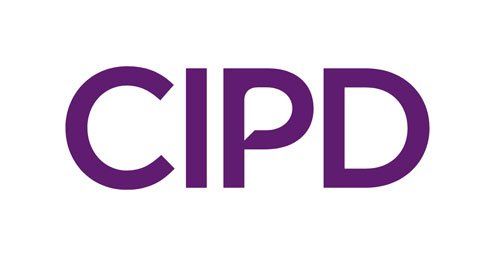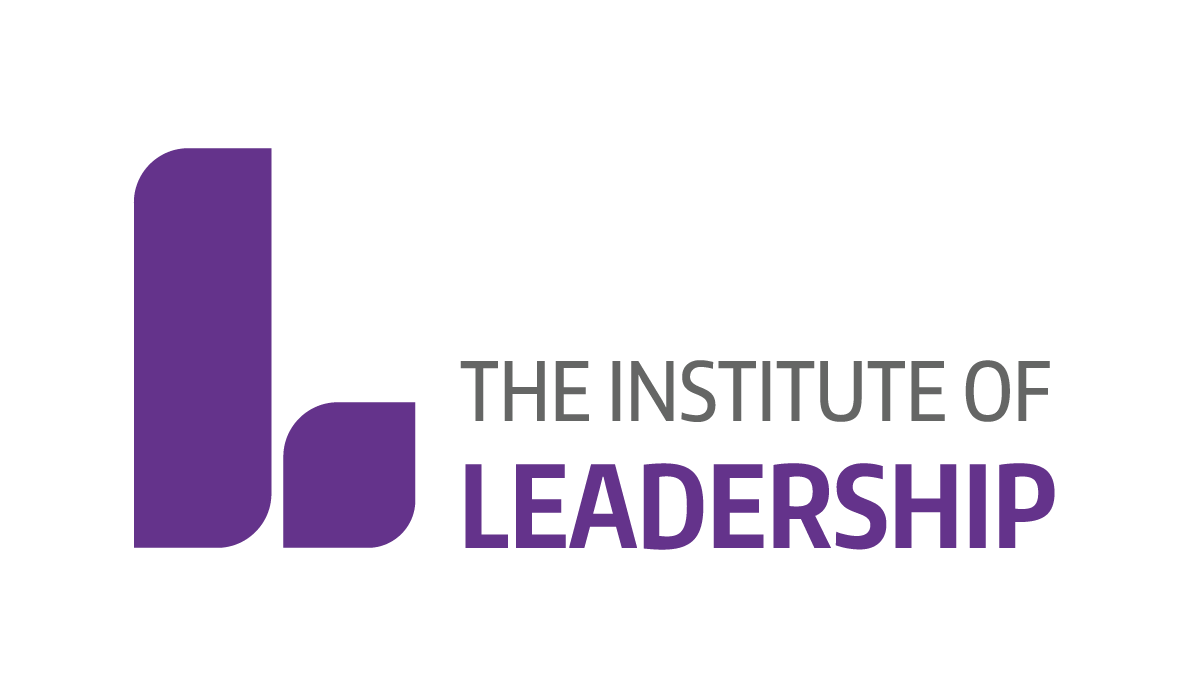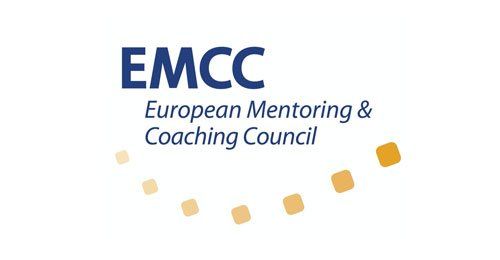What is it like living with a visual impairment in a ‘seeing’ business world?
Verosa client and CEO of METEX Online, Daniel Hopkins writes:
I was 27 when I launched my first venture after being diagnosed with an eye disorder called Retinitis Pigmentosa (RP to its friends). RP is an inherited, progressive sight loss condition and there is no cure.
I lost my driving licence on the day of my diagnosis. Driving was a huge part of my life and the diagnosis meant the end to my career as a business development manager, travelling to client meetings regularly - my first and very real experience of exclusion in the world of work, due to my condition.
After recovering from the severe shock of being told I was going blind I retrained to sell IT hardware, but soon returned to the construction sector and moved to working with a local builders’ merchant in an office-based sales role. In the 3 years I was there I grew my sales category from £200k to £1.4 million.
In all honesty though I was frustrated with not being able to visit clients and I missed the freedom to manage my own time. I began discussions with a large local groundworks contractor and after a few months of planning they invested in my new construction supplies venture.
From this point I’ve never looked back. Enabling my own inclusion, I used taxis via the access to work scheme which has proved invaluable, allowing me some independence with getting to and from my business premises.
Being Visually Impaired and running a business is tough, in fact doing anything is pretty challenging when you are blind in the dark and have 75% less vision than most during the day. I meet many people who, through no fault of their own but just a lack of knowledge, are unable to associate with a non-visual disability. I look ‘so normal’ – and I’m conscious that If I’d have lost an arm or a leg life would be different as my disability would be so much more visible.
In many ways I’ve created my own inclusion within business world. Sometimes pretending I don’t have a significant disability and more recently by being open and honest with people and asking for help or saying, ‘I don’t feel comfortable doing that’. Sometimes the reactions you get are surprising, some disappointing but some people really surprise you with their empathy and compassion.
Overall, in the UK we are so lucky to have a society that cares for its disabled community. I’m encouraged that particularly through the pandemic and the wearing of masks, that adverting based around ‘not all disabilities are visible’ is becoming more commonplace - this can only serve to help with inclusion and is a good thing. Although still a good way to go through education and sports like the Paralympics, we continue to lead the way globally in the UK to include, show empathy and compassion to its disabled people, whether you can see that disability or not!
How leaders and organisations can create a more inclusive space for Visually Impaired Team Members
1) Create a strong, supportive team
In my businesses I’ve always been lucky enough to have great senior teams. This is essential for inclusion. They understand my sight condition and can support many aspects of my practical challenges day to day, whether that’s keeping walkways clear or helping guide me physically to a meeting. In addition, they are my allies in a seeing world and are actively looking for ways to create a more inclusive environment for me – physically and psychologically.
2) Create good dialogue early on with external clients and stakeholders
Many clients and partners will have expectations that are particularly challenging for me to meet. The invitation to ‘come and have a look at this display in our very busy warehouse’ or ‘come to my office three floors up through a room of crowded people’ can be prohibitively difficult. Over time, I’ve found that being open and clear with clients about my disability has helped us co-create a more inclusive work around. Ideally, I will arrange to be driven to a venue and stay in one place for the duration of the meeting. This causes very few problems and doesn’t weaken my position with the client as they appreciate the honesty and the extra effort I have made to meet them.
3) Be conscious of environmental changes and the impact on the VI individual
It’s when the environment changes all of a sudden that the plan you had in your head evaporates! Environmental changes are probably one of the largest challenges within business. In my own home, around my local streets, I’m used to the lay of the land and obstacles that I might encounter etc. Now we are very careful and take extra care with the changes in the work space and keep these to a minimum.
4) Look for ways to empower and enable
In business number three, I employed a part time driver that took me to meetings on a weekly basis. Being in charge of my own destiny was important. It had a big impact on my performance and my ability to lead initiatives myself. Often small changes make a lot of difference. Every sight disorder is different, so start with a conversation with the person about what changes might help them feel more empowered.
Final Thought
In 2016 I climbed Kilimanjaro for charity and my best friend guided me throughout one of the most amazing challenges and experiences of my life. A few weeks after we returned to the UK, he left me falling up and off kerbs when we were out one evening. It was at this point I had to remind him I’m blind in England as well as Africa!
My point being that for me when looking so normal (relatively speaking) people forget, family members forget, best friends forget, work colleagues forget, so keeping the unseen needs ‘seen’ and front of mind is so important.
About Metex Online:
With manufacturing facilities in both the UK and internationally, Metex provide innovative construction sector related products.
If you find this article interesting or useful, please do share across social or via email.
